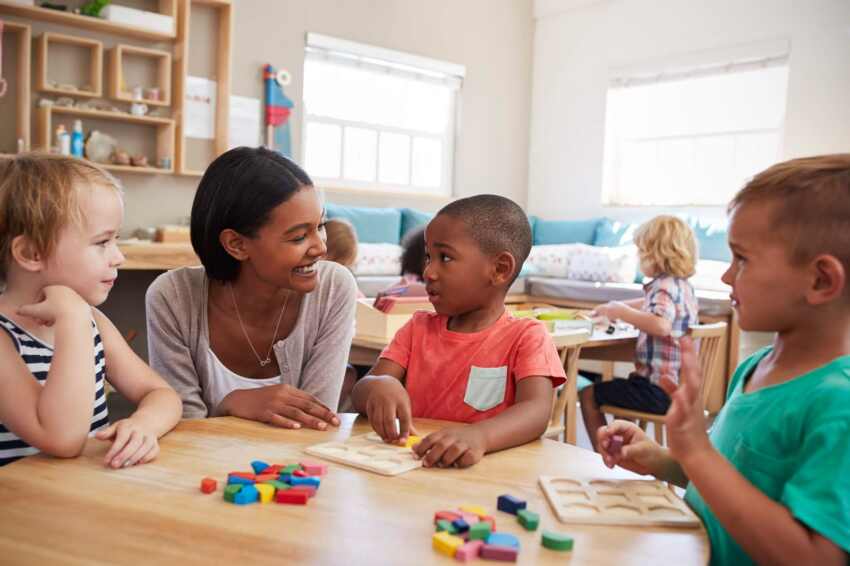Montessori Teaching: Fostering Curiosity and Creativity in Young Minds
Montessori education is a unique approach to teaching that emphasizes fostering curiosity and creativity in young minds. Developed by Italian physician and educator Maria Montessori in the early 20th century, this educational method aims to support children’s natural development through hands-on learning experiences.
The Montessori Philosophy
At the core of Montessori teaching is the belief that children are eager learners who possess an innate curiosity about the world around them. Montessori teachers are facilitators and guides rather than lecturers, and they create an environment that encourages children to explore and investigate their interests.
The Montessori philosophy emphasizes the importance of self-directed learning and individualized education. Children are given the freedom to choose their activities, which allows them to develop a sense of independence and autonomy in their learning journey. This approach fosters curiosity as children pursue topics that genuinely interest them, leading to deeper engagement and a love for learning.
A Prepared Environment
The Montessori classroom is carefully designed to promote exploration and independence. It is filled with a wide variety of materials and activities that are accessible to the children. The learning materials are specifically designed to be self-correcting, allowing children to learn from their mistakes and develop problem-solving skills.
The classroom is organized into different interest areas, such as practical life, sensorial, language, mathematics, and cultural studies. Each area is equipped with a range of materials that are designed to stimulate curiosity and creativity. For example, the sensorial area contains materials that refine the senses, such as color tablets, geometric shapes, and sound boxes. These materials invite children to explore and make discoveries on their own.
Individualized Learning
One of the key principles of Montessori teaching is to tailor education to each child’s unique developmental needs. Montessori teachers observe and assess each student’s abilities and interests, allowing them to provide individualized instruction and materials that cater to each child’s learning style.
By offering individualized learning experiences, Montessori teaching stimulates curiosity and creativity by allowing children to progress at their own pace. Students are not bound by predetermined curriculum goals, but rather, they are encouraged to explore and delve into subjects that capture their interest. This approach nurtures a love for learning and fosters a sense of creativity as children pursue their passions.
Promoting Collaboration and Social Skills
In addition to fostering curiosity and creativity, Montessori education also places a strong emphasis on developing collaboration and social skills. The multi-age classrooms allow younger children to observe and learn from older peers, while older children have the opportunity to develop leadership skills by mentoring younger children.
The Montessori classroom encourages cooperation, respect, and empathy among students. Through collaborative activities and group projects, children learn the importance of working together, effectively communicating their ideas, and resolving conflicts. These skills are vital for fostering creativity and curiosity as children learn to collaborate and bounce ideas off one another.
The Effectiveness of Montessori Teaching
Many studies have examined the effectiveness of Montessori teaching in fostering curiosity and creativity in young minds. Research suggests that Montessori students often display higher levels of academic achievement, problem-solving abilities, and creativity compared to their traditionally educated counterparts.
The Montessori approach to education is designed to prepare children not just for academic success but also for life-long learning and critical thinking. By nurturing curiosity and creativity, Montessori teaching sets the stage for a lifetime of intellectual exploration and personal growth.
Montessori teaching stands out as a method that actively fosters curiosity and creativity in young minds. Through a prepared environment, individualized learning experiences, and a focus on collaboration, Montessori education empowers children to become independent thinkers who are eager to explore the world around them. By embracing the principles of Montessori teaching, educators can inspire students to unleash their full potential and develop a lifelong love for learning.
Nidhin
For More Details Call: +917510220582

